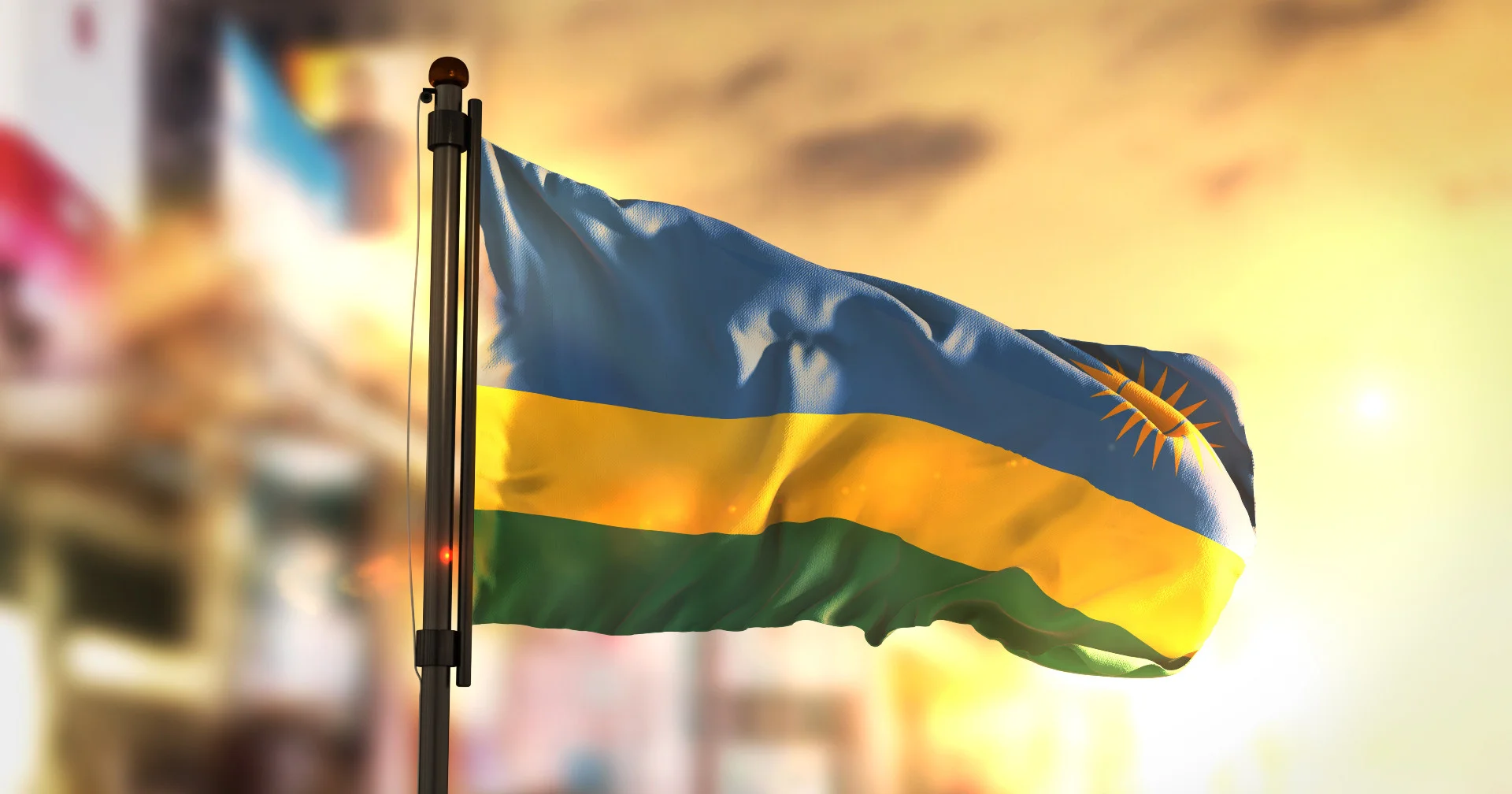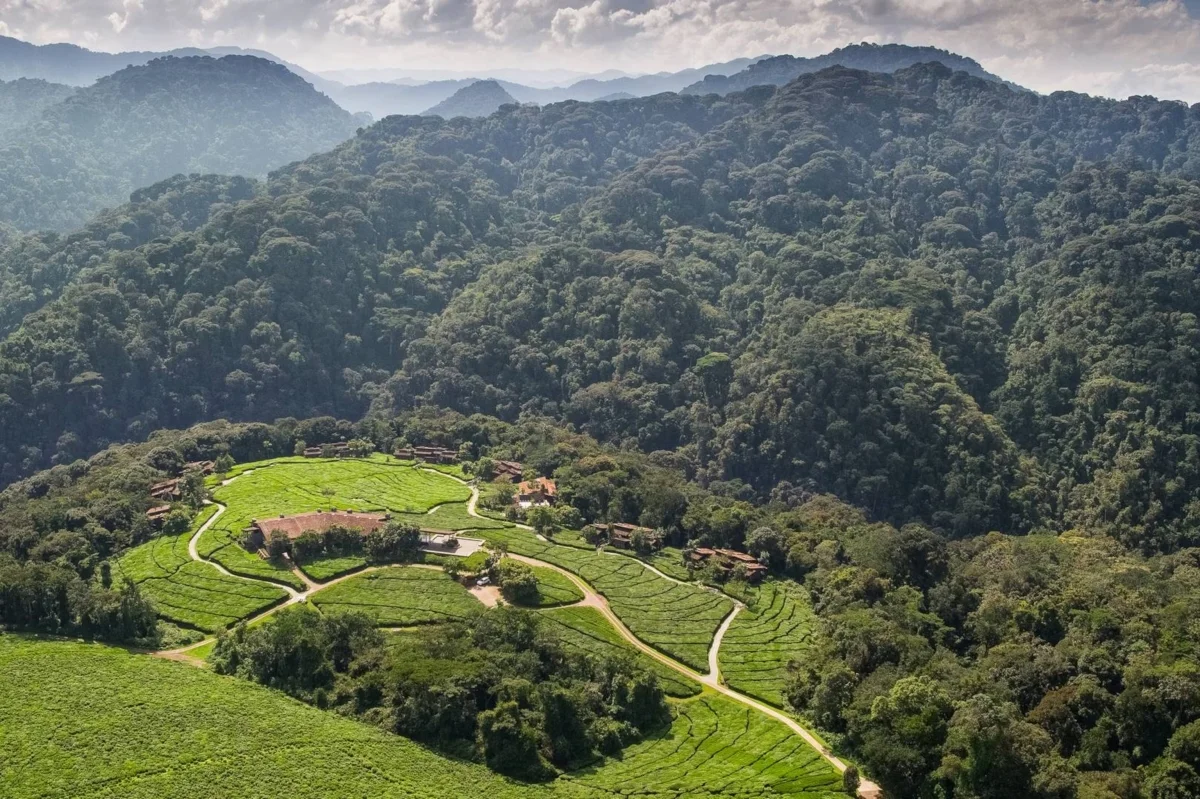With over 99% of the people in Rwanda speaking Kinyarwanda- the native and one of the four official languages of Rwanda- knowing some few important words in this language before if you are to travel and spend time in a 1000 hills nation is something you could appreciate.
Kinyarwanda, a Bantu language is spoken by some 14 million people primarily in Rwanda as native speakers and it counts to approximately 30 million speakers worldwide in the diaspora and the region.
Here are basic and important words and expressions you would need to use as soon as you arrive in Rwanda or meet a Kinyarwanda native speaker:
Greetings
- Muraho: Hello
- Mwaramutse: Good Morning
- Mwiriwe: Good evening
- Amakuru: How are you?
- Ni meza: It’s fine
- Murabeho: Good bye
- Ijoro ryiza: Good night
8. Mwirirwe: Have a good day
13 Kinyarwanda Words For Things
- Hoteli: Hotel
- Telefone: Telephone
- Ikintu: Something
- Inzu: House
- Imodoka: Car
- Ibiryo: Food
- Amazi: Water
- Icyayi: Tea
- Ikawa: Coffee
• Amafaranga: Money
10 Kinyarwanda Words For People
- Umuntu: Person
- Umwana: Child
- Umugore: Woman
- Umugabo: Man
- Umusaza: Old man
- Umukecuru: Old woman
- Umukobwa: Girl
- Umuhungu: Boy
9. Inshuti: Friend
Important Vocabulary And Expressions
As you speak to someone in Kinyarwanda, you may need to use the following expressions in your conversation. These include the self-introductory words:
Nitwa…: My name is…
Witwa nde?: What is your name?
Murakoze: Thank you
Ndabizi: I know
Simbizi: I don’t know
Mbabarira: I am sorry, please forgive me
Some kinyarwanda Words For Time
- Umunsi: Day
- Icyumweru: Week
- Ukwezi: Month
- Ejobundi: The day before yesterday
- Ejo: Tomorrow, Yesterday
- Isaha: Hour
- Umunota: Minute
- Igihe: Time
- Mbere: Before
- Nyuma: After
- Ubu: Now
Some Kinyarwanda Words Places
- Hano: Here
- Aho: There – if it’s close
- Hariya: There – if it’s far
- Ahantu: Place
- Imbere: In front
- Inyuma: Behind
- Ishuri: School
- Iduka: Shop
- Akazi: Work
- Ubwogero: Bathroom
- Mu rugo: At home
- Igihugu: Country
- Urusengero: Church
Most Commonly used Verbs
For verbs, important to note is that a verb in infinitive form starts with the prefix ‘ku-‘ for verbs with the stem starting with a voiced consonant which becomes ‘gu-‘ for verbs with a stem starting with a voiceless consonant:
Here are 30 most frequently used verbs in Kinyarwanda language:
- Kuba: To be
- Kugira: To have
- Gukora: To do, make, work
- Kuvuga: To say, talk
- Kuza: To come
- Kugenda: To walk
- Kurya: To eat
- Kunywa: To drink
- Gushobora: To be able, can
- Kureba: To see, look
- Gutuma: To send
- Gutwara: To take, drive
- Gutegereza: To wait
- Guhura: To meet
- Kubaho: To live
- Gupfa: To die
- Gutekereza: To think
- Guha: To give
- Kwakira: To receive, host
- Kumenya: To know
- Gukoresha: To use
- Gusoma: To read
- Kwiga: To learn, study
- Guseka: To laugh
- Kurira: To cry
- Gusenga: To pray
- Kuririmba: To sing
- Kurwara: To be sick
- Gukina: To play
- Kugaruka: To return
- Kuva: To come from
Object Pronouns
In Kinyarwanda, the subject pronouns are absorbed into the verb, and so you don’t have to know which pronoun to use. And the object pronouns sometimes come before the verb and act as subject pronouns but the meaning remains the same even when they are omitted.
For example: Njyewe ndarwaye: I am sick…this just means the same like saying “ndarwaye”.
Following are Kinyarwanda object pronouns:
- Njyewe: Me
- Wowe: You
- We: Him/her
- Cyo: It
- Twebwe: Us
- Mwebwe: You
- Bo: Them
Numbers
0. Zeru: Zero
- Rimwe: One
- Kabiri: Two
- Gatatu: Three
- Kane: Four
- Gatanu: Five
- Gatandatu: Six
- Karindwi: Seven
- Umunani: Eight
- Icyenda: Nine
10. Icumi: Ten
- Cumi na rimwe: Eleven
- Cumi na kabiri: Twelve
- Cumi na gatatu: Thirteen
- Cumi kane: Fourteen
- Cumi na gatanu: Fifteen
- Cumi na gatandatu: Sixteen
- Cumi na karindwi: Seventeen
- Cumi n’umunani: Eighteen
- Cumi n’icyenda: Nineteen
20. Makumyabiri: Twenty
- Mirongo itatu: Thirty
- Mirongo ine: Fourty
- Mirongo itanu: Fifty
- Mirongo itandatu: Sixty
- Mirongo irindwi: Seventy
- Mirongo irindwi na karindwi: Seventy-seven
- Mirongo inani: Eighty
- Mirongo icyenda: Ninety
- Ijana: Hundred
- Magana abiri: Two Hundred
- Magana arindwi na mirongo itatu n’umunani: Seven hundred thirty-eight
- Igihumbi: One Thousand
- Ibihumbi ijana: One hundred thousand
1000000: Miriyoni: One million
1000000000: Miriyari: One billion

